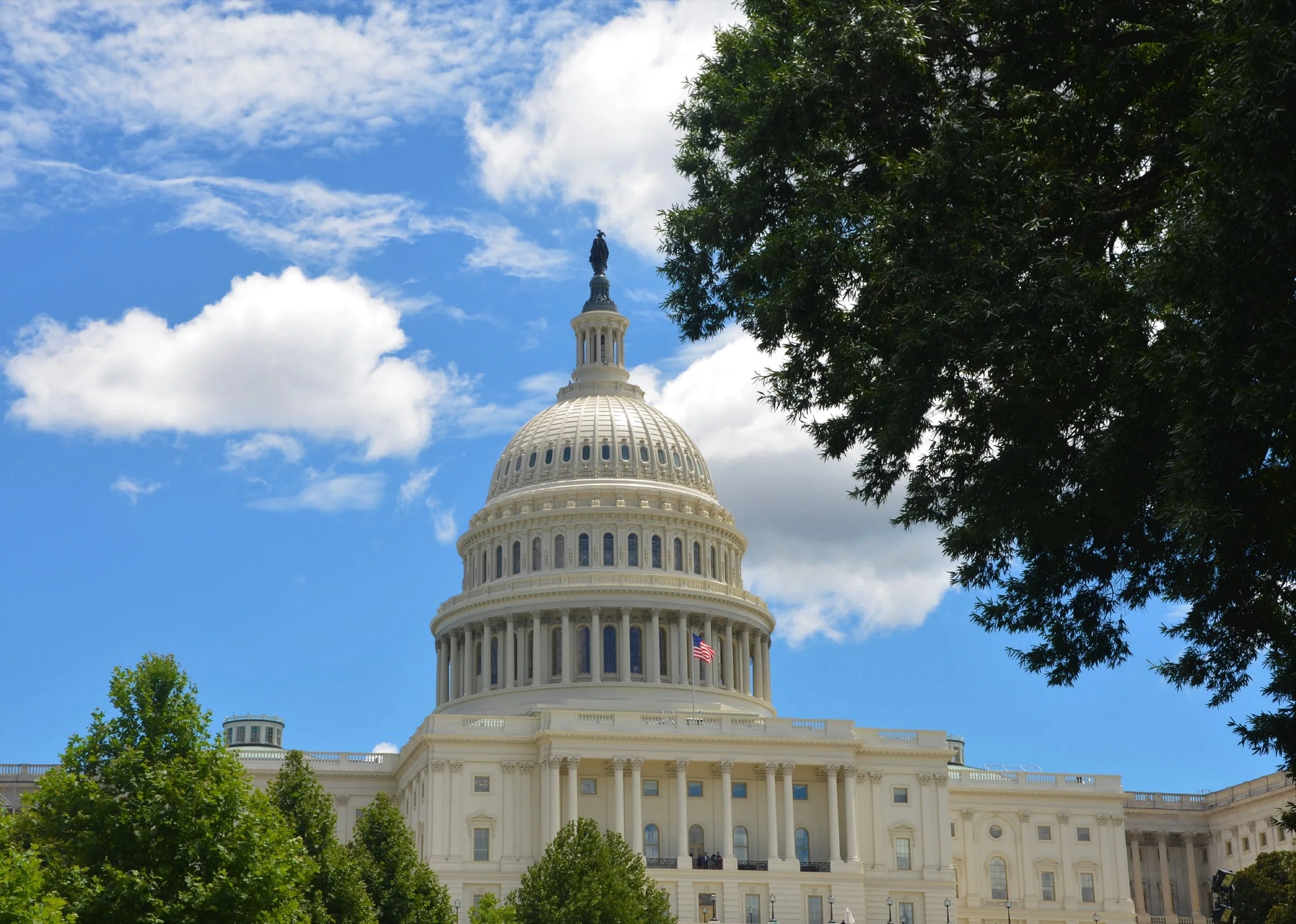Since our founding in 2015, we’ve strived to place technologists in Capitol Hill to positively impact the future of tech policy. In the past year, our program has experienced tremendous growth. We’ve tripled our Congressional Innovation Scholars Program to bring more early-career technologists to Congress and created the Congressional Digital Service Sprint Fellowship. We’ve successfully worked with the House Select Committee on the Modernization of Congress to improve Congress’ digital infrastructure, began a jobs newsletter to connect technologists with policy opportunities, and launched our impact page to highlight the accomplishments of our alumni post-fellowship. We are committed to including technologists in every step of the policymaking process and bringing more people into public interest technology to make an impact.
This year’s applicant pool was the strongest yet and demonstrated the passion of technologists to help bridge the gap between technology and policy. We’re so excited to welcome our 2021 class of Congressional Innovation Scholars to Washington, our largest cohort yet!
Blake Randolph is a lawyer with a passion for civil liberty and studying the intersection of emerging technology and the law. Having previously interned in both the private and public sectors, Blake has counseled on ethical, technical, and legal questions arising from the adoption of new technology across industries. Most recently, he advised on artificial intelligence, encryption, and information privacy.
Alice Hau is a philosopher-technologist. At Stanford’s Institute for Human-Centered AI, she built bridges between academia and industry to help guide the human and societal impact of AI. Previously, she co-founded and led an AI startup backed by over $4M in venture capital after working at Facebook, Bloomberg, and Tableau. She holds a B.S. in Computer Science and M.A. in Philosophy from Stanford University.
Marissa Gerchick is a technologist focused on questions at the intersection of machine learning and public policy. She has worked in data science and policy, studying the impact of algorithms in government and techniques for developing machine learning tools that are interpretable and accountable. She holds an M.S. and a B.S., both from Stanford University.
Eleanor Tursman is a computer scientist who aims to help bridge the gap between the spheres of academic research and policy to promote social good. Her research has focused on 3D computer vision and deepfake detection. She earned an M.S. in computer science from Brown University and a B.A. in physics with honors from Grinnell College.
Jake Tibbetts is an engineer and policy researcher with a strong interest in working on the intersection between technology and national security. He recently graduated from UC Berkeley where he earned an MS in Computer Science and holds BAs in both Computer Science and Global Studies from UC Berkeley.
Joshua Kravitz is a computer scientist and statistician interested in politics and civic technology. He recently served as a Deputy Data Director on Jon Ossoff’s U.S. Senate runoff campaign, building tools to support the campaign’s voter mobilization efforts. He holds a B.S. and M.S. from Stanford University, where he conducted research in causal inference.
Aaron Stout is a United States Air Force veteran and Columbia University class of 2021 graduate. As an Airman, Aaron served as a public affairs specialist in the Nation Capital Region before transitioning to cyber-intelligence with the Cyber National Mission Force. Aaron focused his studies on the cross-section between tech, law, and policy with a BA in information science.
Marley Rafson is a software engineer and computer scientist focused on emerging technologies and privacy-affirming innovation. They built a privacy-first data platform for municipal governments at a growing startup, Replica. They have delivered innovative, ethically-driven solutions in areas like augmented reality and digital payments at Google. Marley holds a B.S. in Computer Science from Brown University.
David Cook served in the United States Army for 10 years in both conventional and Special Operations units. Most recently, he authored a detailed concept, strategy and implementation plan to expand Special Operations’ digital influence capabilities through open-source information exploitation. David studied, practiced, and taught information operations within the framework of irregular warfare across the Middle East.
Jacob Parker is a Mandarin speaking policy analyst focused on the nexus of US-China technology competition. Jake spent a decade in China analyzing Chinese government data localization, cross-border data flow, and critical information infrastructure policies with the US-China Business Council. In 2019, he relocated to Washington DC to work between industry and the US government on export control implementation, regulation of Chinese mobile applications in the US, and the emerging information communication technology supply chain rules. Jake also applies this expertise as a Navy Reserve intelligence officer.
